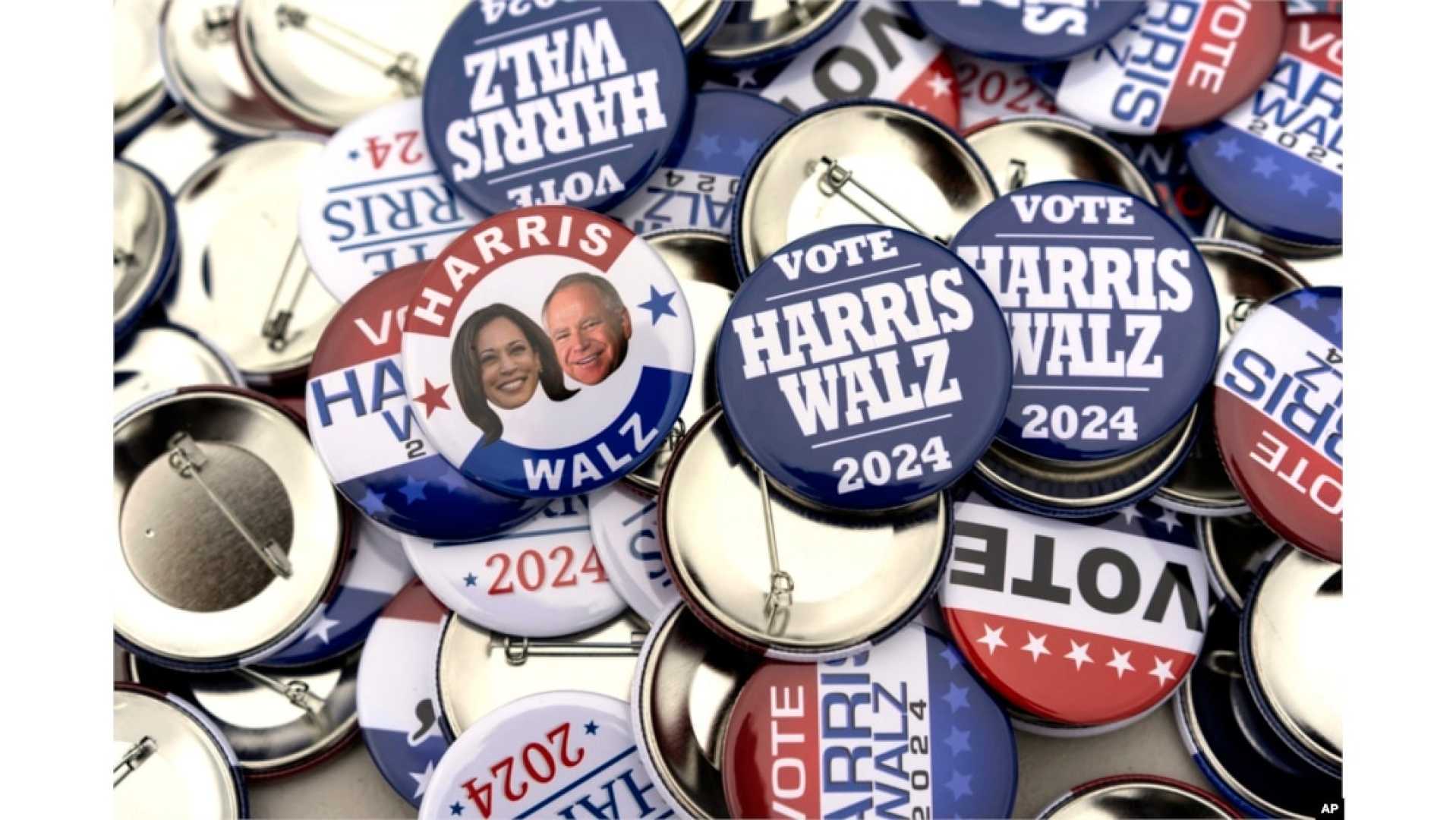Politics
Study Reveals Political Merchandise Can Hinder Voter Engagement

Tucson, Arizona — A new study from the University of Arizona suggests that purchasing political merchandise, such as T-shirts and hats, may actually decrease the likelihood of individuals engaging in deeper political actions, such as voting and volunteering.
The research, led by Anastasiya Ghosh, an associate marketing professor, explored a phenomenon dubbed “political slacktivism.” This term describes when individuals take minimal, symbolic actions to show support for a candidate, like buying merchandise, instead of participating in more active support.
Ghosh noted, “Political slacktivism means people feel they have contributed by merely buying a T-shirt, even though they haven’t actually voted or volunteered.” The study emphasizes the psychological aspects of impression management, where individuals seek to influence how others perceive them.
The research team conducted a series of experiments analyzing participants who bought political items versus those who donated money but did not receive any merchandise. For example, they examined survey data from the 2016, 2018, and 2020 election cycles, analyzing the behavior of voters during those times.
One significant finding illustrated that college students who wore political buttons in public were less likely to complete campaign-related tasks compared to those who made financial contributions on their behalf. Ghosh remarked, “What really surprised me was that people who bought merchandise were actually less likely to vote. I didn’t expect the effect to extend that far.” In a study involving the 2020 election, participants who purchased political merchandise were found to be 91% less likely to vote and 92% less likely to volunteer than those who donated money.
Interestingly, Ghosh pointed out that slacktivism seemed more pronounced among those who spent less than $94 on merchandise. However, she noted that the effect diminished for bulk buyers, suggesting a greater commitment among those who invest more financially.
Political merchandise generates significant revenue for campaigns, totaling tens of millions of dollars each election cycle. Still, Ghosh states that while these items are powerful symbols of support, they have limits regarding their ability to mobilize actual voting behavior.
“Campaigns should be strategic about their merchandise sales,” Ghosh advised. “While selling branded items boosts visibility early in the campaign, as Election Day nears, it might be more effective to focus on increasing private donations and encouraging volunteering and voting.”
Ultimately, this research underscores that although merchandise serves as an important expression of political identity, it does not guarantee active participation at the polls.












